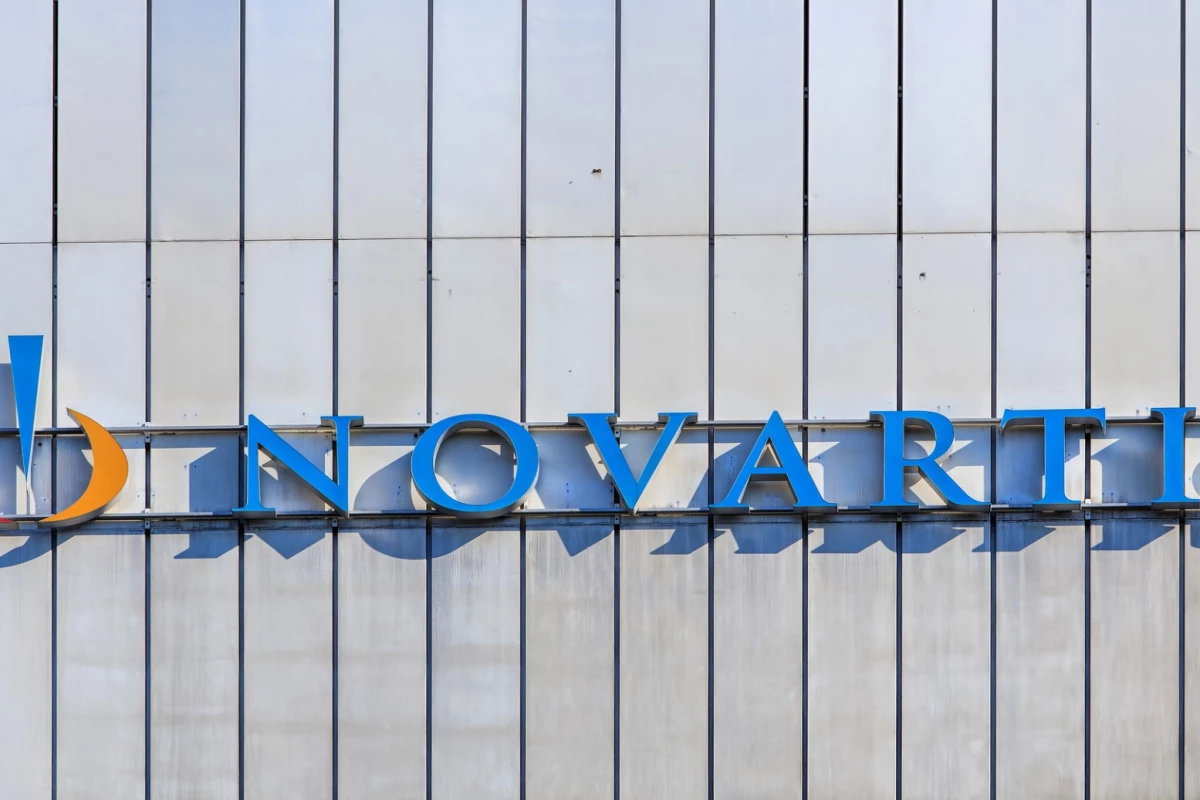A newly published statement from the US Food & Drug Administration (FDA) has revealed inaccurate, intentionally manipulated data was included as part of a submission for a major new gene therapy that was approved for public use in May. The FDA alleges AveXis, the company developing the drug, was aware of the data manipulation issue prior to FDA approval but did not notify the regulatory agency until after the product was approved.
Zolgensma's FDA approval in late May was one of several landmark gene therapies to reach the market over the past couple of years. Developed to treat a rare pediatric genetic disease called spinal muscular atrophy, the therapy was perhaps notorious for becoming the most expensive drug in history, with the wholesale price of a single curative dose set at US$2.125 million.
In a recently published FDA statement Peter Marks, the agency's director of Biologics Evaluation and Research, claims it was informed on June 28 by AveXis that some of the animal testing information was inaccurate. This notification from the company came more than a month after the FDA approval and Marks' statement claims the company was aware of these data inaccuracies before the final FDA approval was delivered.
"We are also aware that AveXis became aware of the issue of the data manipulation that created inaccuracies in their BLA [biologics license application] before the FDA approved the product, yet did not inform the FDA until after the product was approved. The agency will use its full authorities to take action, if appropriate, which may include civil or criminal penalties," Marks says in the statement.
Parent company to AveXis, pharmaceutical giant Novartis, has responded suggesting the delay in notifying the FDA was due to an internal investigation, launched to examine these allegations of data manipulation.
"An investigation was immediately initiated to rapidly understand any implications and address the situation," Novartis claims in a response to the FDA allegations. "Once we had interim conclusions from our investigations, we shared our findings with the FDA. As noted by the FDA, the data in question were a small portion of our overall submission and are limited to an older process no longer in use."
As Novartis suggests, the data suspected to be erroneous was related to an early stage of animal testing in the product's development, and does not bring into question any fundamental issue with Zolgensma's safety, efficacy or quality. On this point it seems the FDA agrees, stating there is no problem with the submitted human clinical trial data.
"The FDA is carefully assessing this situation and remains confident that Zolgensma should remain on the market," Marks says. "The totality of the evidence demonstrating the product's effectiveness and its safety profile continues to provide compelling evidence supporting an overall favorable benefit-risk profile."
The biggest question hovering over this controversy is of course whether Novartis explicitly withheld this information in order to get the FDA approval as early as possible. Marks does indeed note that if the agency did have this information earlier in the year the approval of Zolgensma would inevitably have been delayed.
CEO of Novartis, Vasant Narasimhan says the company learned of the data problems in mid-March, and completed its preliminary investigation in early May. While this was indeed before the final FDA approval, the company then undertook what it called a "full technical quality investigation."
"We made the decision to progress our quality investigation prior to informing FDA and other regulatory authorities so that we could provide the best information and technical analysis, which we did promptly on completion on June 28," Narasimhan said in a Reuters report.
Zolgensma has yet to be approved anywhere in the world other than the United States. In late July the European Medicines Agency's (EMA) Committee for Medicinal Products for Human Use (CHMP) unexpectedly, and without explanation, withdrew Zolgensma from its accelerated assessment program, meaning it is unlikely the new gene therapy will be available in Europe until sometime in 2020.
Source: FDA




